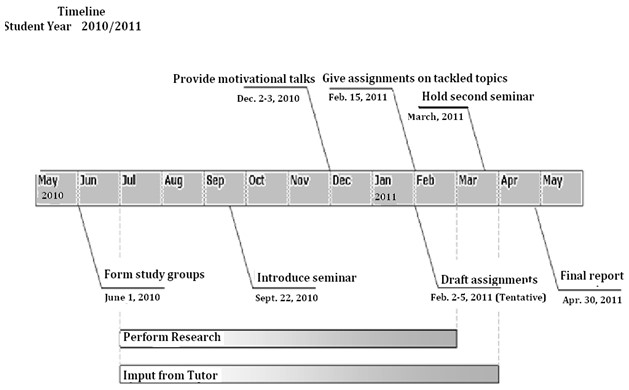A professional development plan is a set of guidelines, principles and regulations that are used to improve advance or redirect the career, business or education strategy of a particular study group, organization or school. Plan development generally begins with a detailed outline, characteristically indicating the overall goals to be achieved in the long run. The short plan examines the current status and needs of the particular user, while at the same time looking at the different ways in which the needs can be met and recording the goals and objectives that are expected for the future (Stiles 15). A plan helps one structure and focus on the planning and training needs of all involved where time is one of the most important parameters in achieving these goals. Therefore, the outline, timeline and report will frequently include expected time frames and duties to be performed by those involved. The most addressed questions to help one make effective plans are: where am I at the present? Where do I want to go? And, finally, how do I get to where I want to be? On-going training and guidance have long been a crucial part of any career growth. With the significant administration changes, there are requirements in any industry and the setting of new priorities, in the development of a plan, which has become a crucial need to meet the expected goals.
Multiple programs are there to ensure that the staff/students working on their ambition and targets, since from time to time the zeal in them could be low or even dead at times. The introduction of motivational talks has been one major way to inspire staff members in meeting their objectives (Stiles 18). These motivational sessions are aimed at encouraging the employees/students to perform even better, especially when their potential is way higher than their current output.
Seminars are also other widely used forms in developing careers or improving academic performance. A professional planner will schedule seminars as part of the technique to use in assisting his students learn. This is an academic instruction methodology that is offered to students, workers and other professionals, with a major with the goal of turning these groups into teams and each meeting session into a productive seminar. The major idea behind the seminar arrangement is to acquit and exonerate students (participants) more extensively with the perfect methodology to attain their goals (Wiburg and Brown 25). In this seminar assigned talks and comprehensions are discussed, questions are asked and intensive debates are conducted. It is a relatively informal method of learning, which gives participants debate on topics freely.
Introduction of study groups has been another successful way to equip students well with information, and also give them a chance to learn new skills in their natural settings. This can be helpful while one is trying to learn information and new concepts, while preparing for either tests or class discussions (Stiles 24). As the old saying goes “two heads are better than one” encouraging your students to form small groups could be the most idea option for better learning after normal classes attendance. The students in an active group discussion act as teachers themselves and as they start explaining a concept to a member of the group they begin to even understand more. By being involved with other study groups and forming teams, the participants have a chance to think out loud, sharing any ideas and thoughts they may have and learn with others about things they might not know.
The need for training and development in a plan while ensuring that skills of the subjects are up-to-date and are ready to face any challenges is even more important. It helps the instructors to identify the valuables that assist and contribute positively in attaining the set goals. A plan will also work to asses the performance of an individual in respect to the goals that are set. This will identify the gap between the ideal and the actual performance. The plan acts an assessor of current progress and, by identifying the gaps, activities and appropriate training programs are chosen to build the necessary skills that will keep the individual focused on the goal.
References
Stiles, Katherine E. Designing Professional Development for Teachers of Science and Mathematics. London: Routledge, 2006.
Wiburg, Karin M. and Brown, Susan W. Lesson study communities: increasing achievement with diverse students. New York, NY: John Wiley and Sons, 2006. Print.
